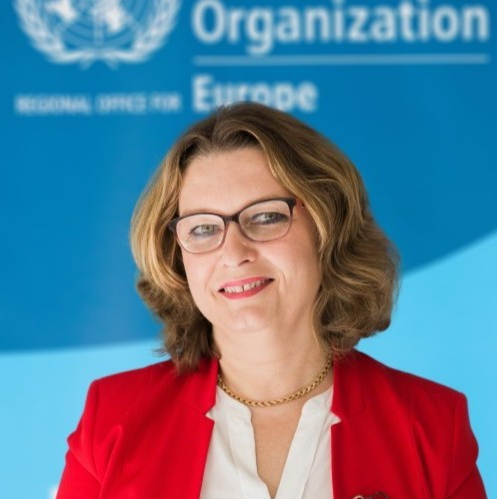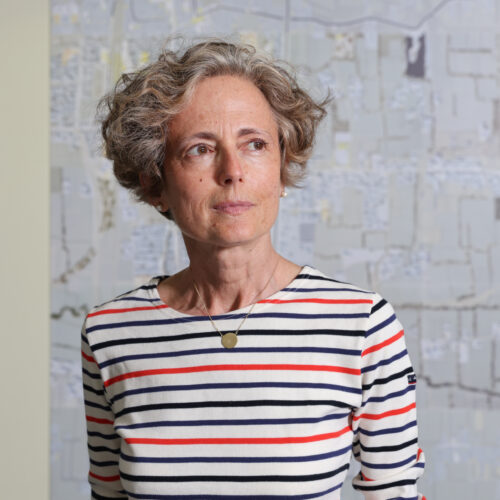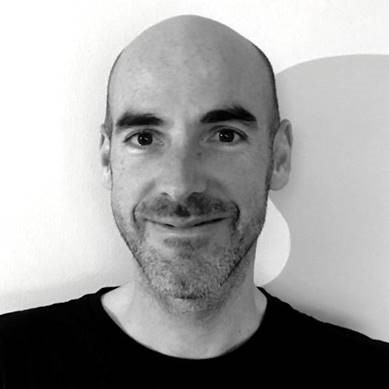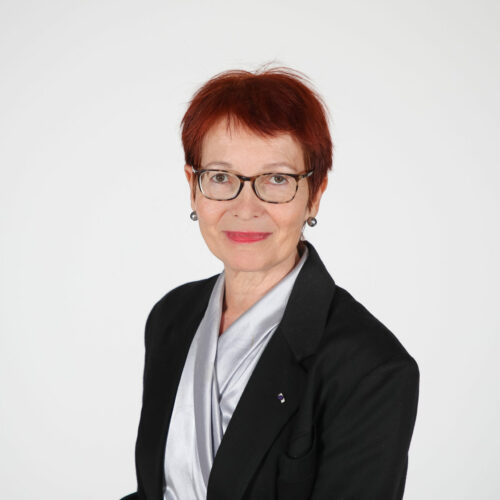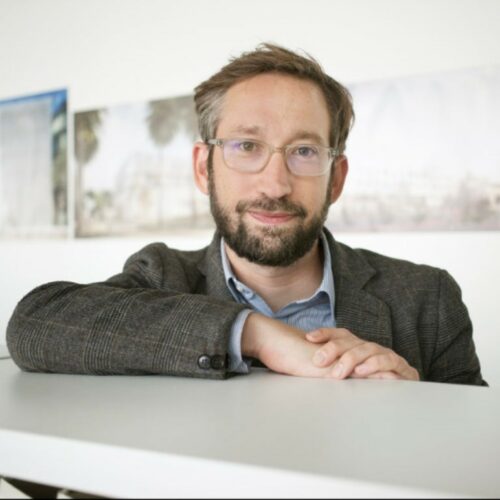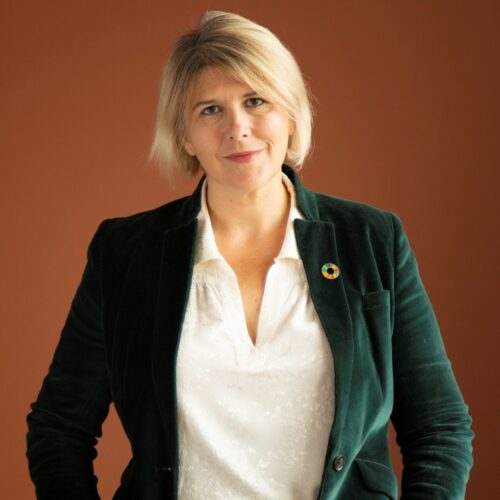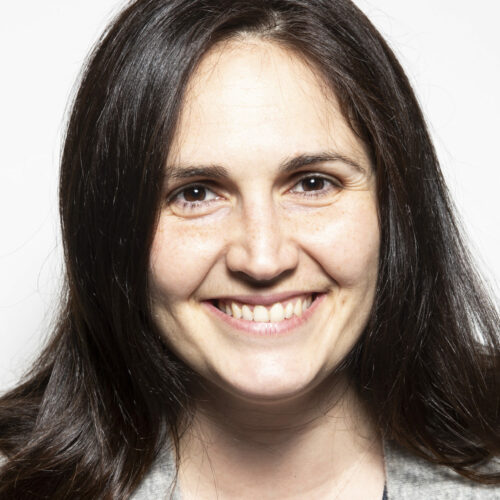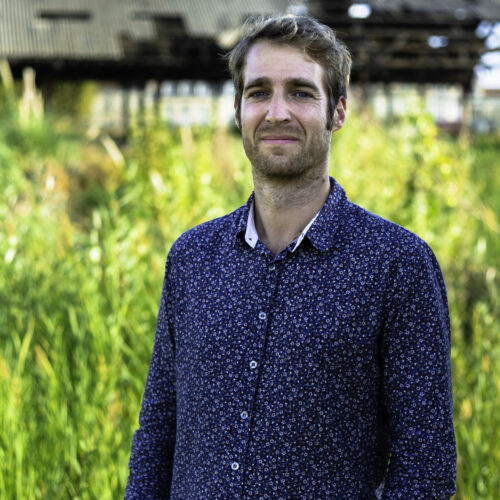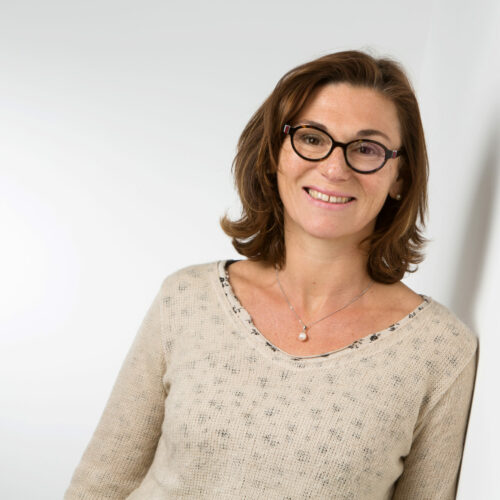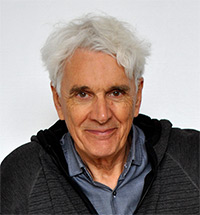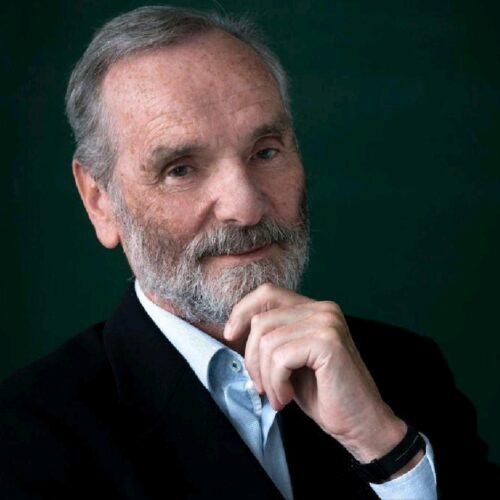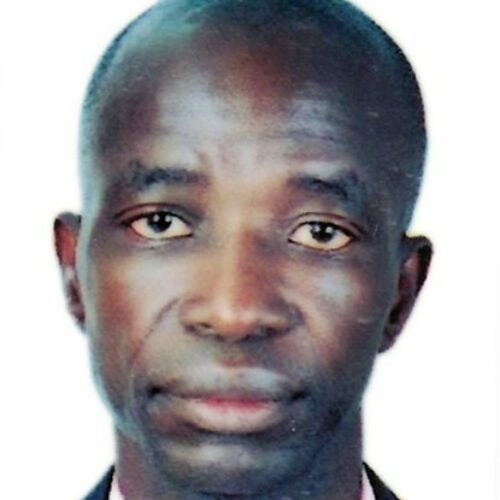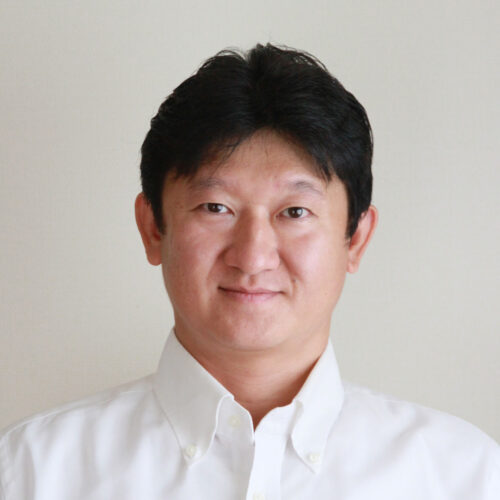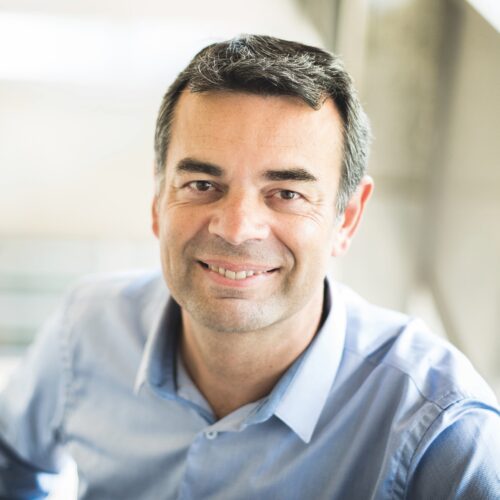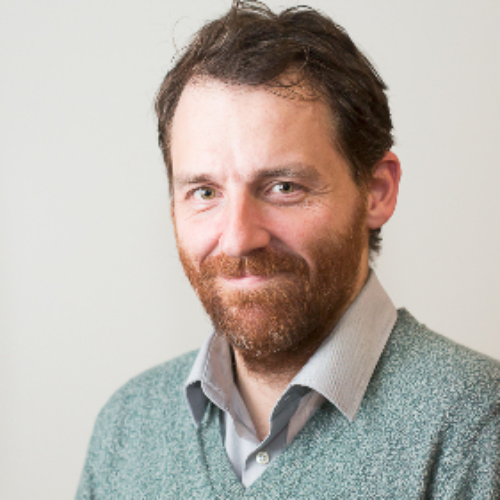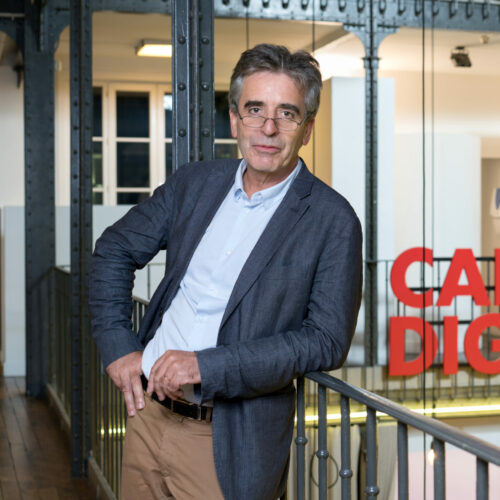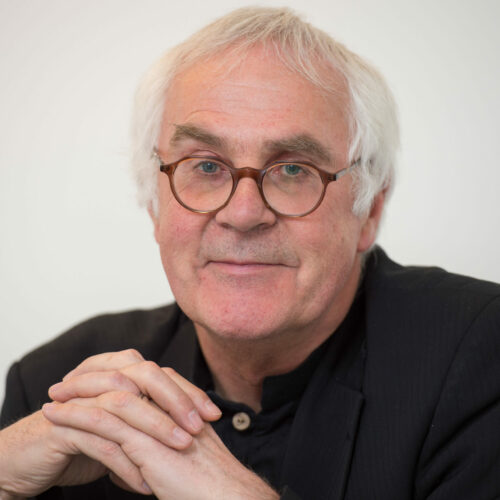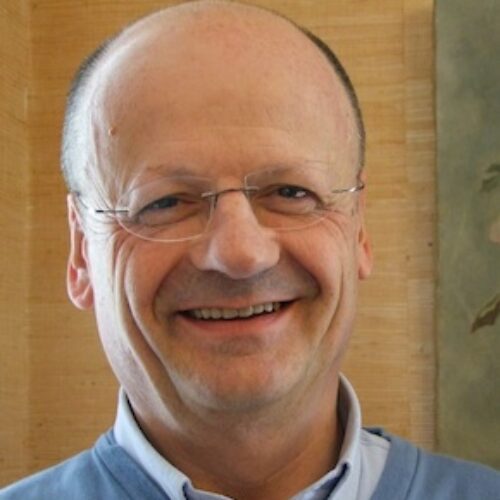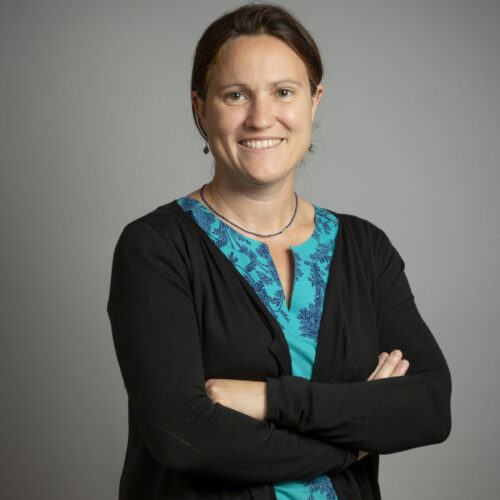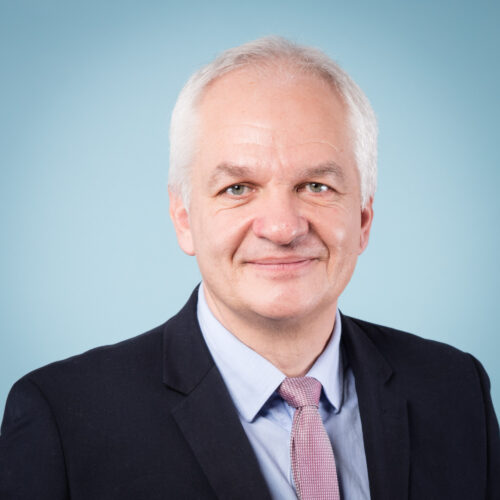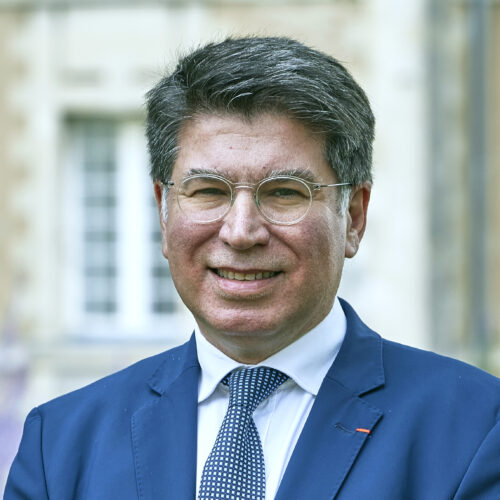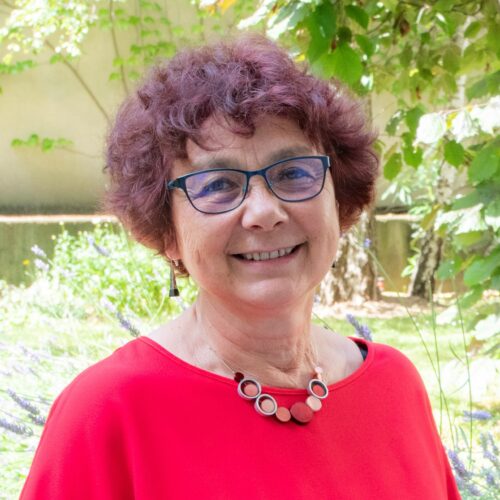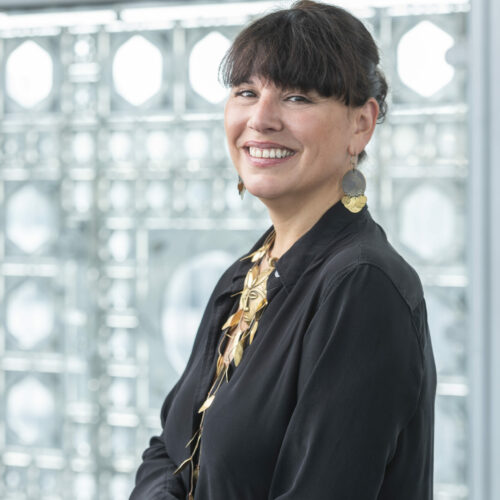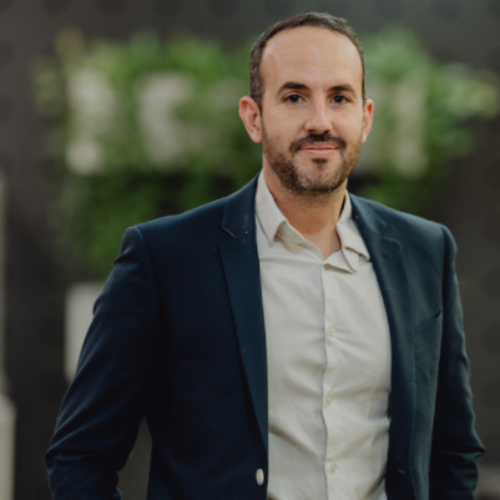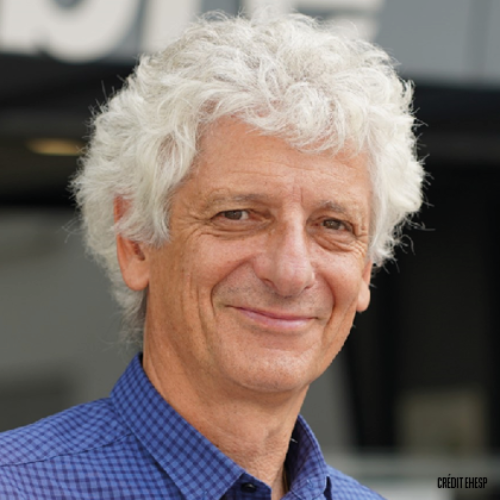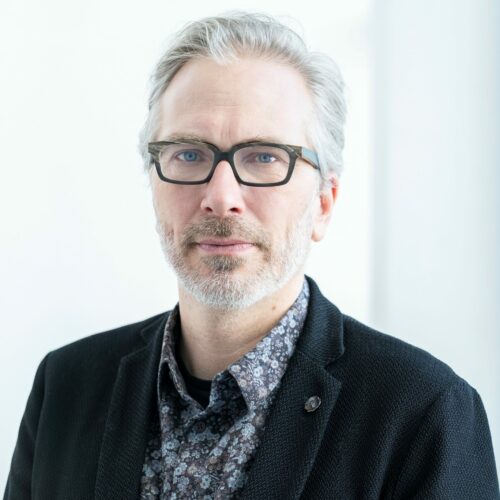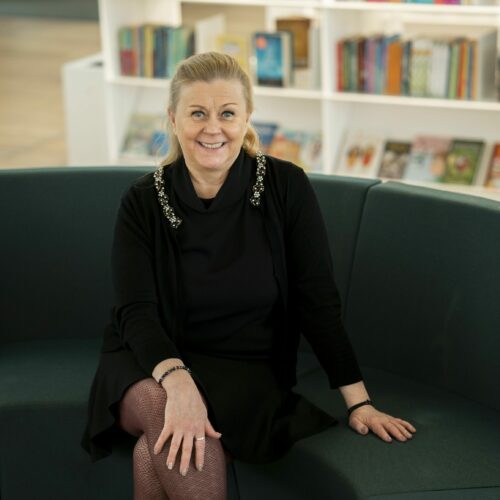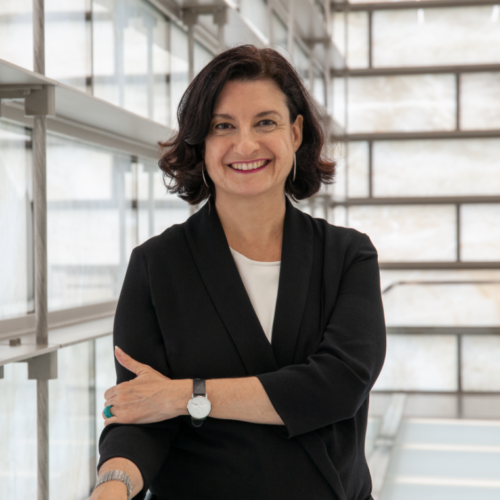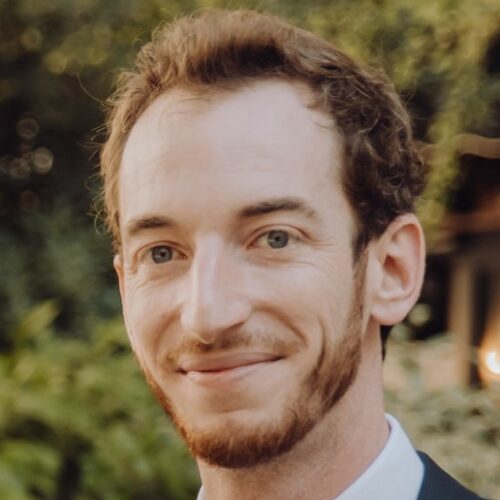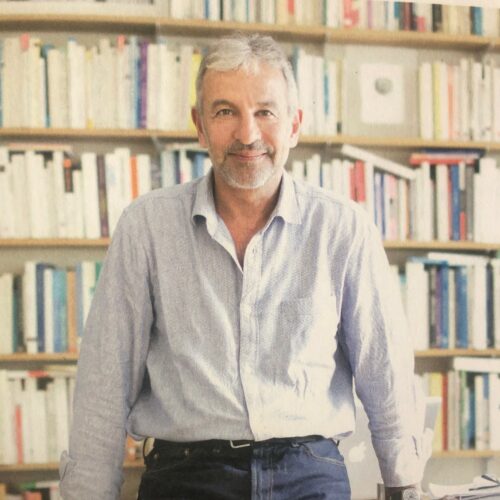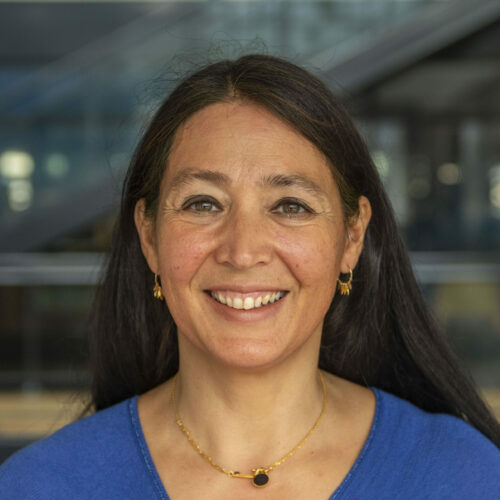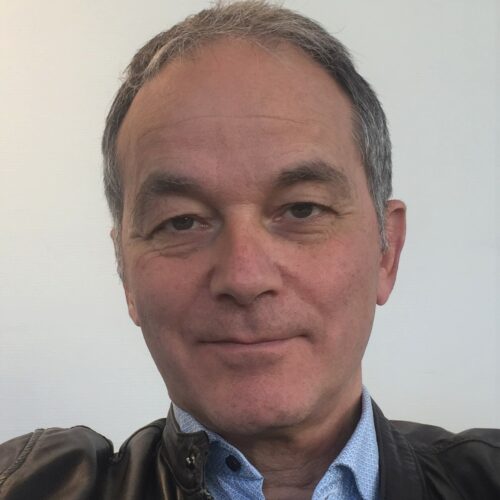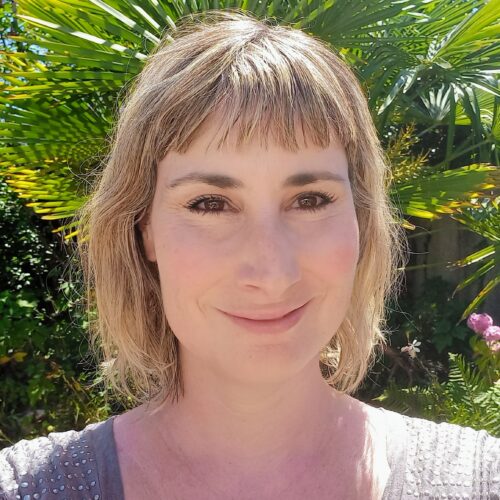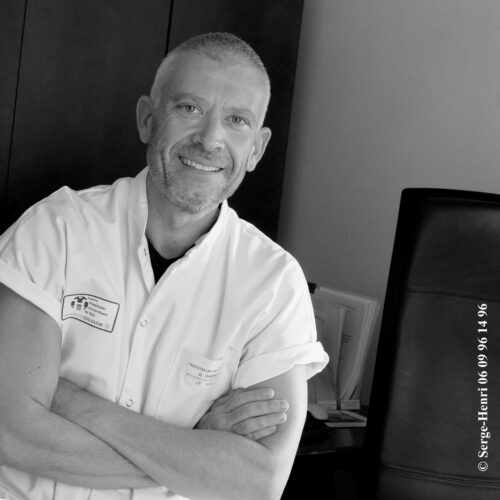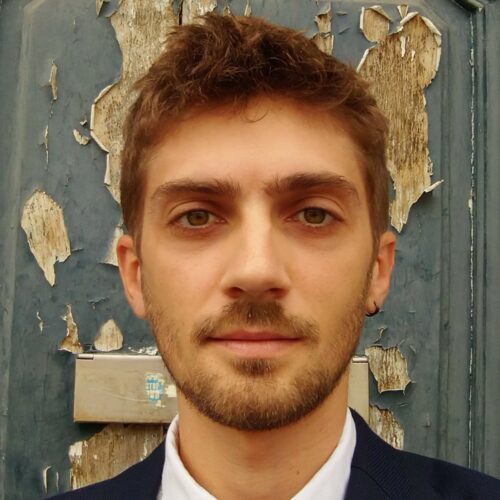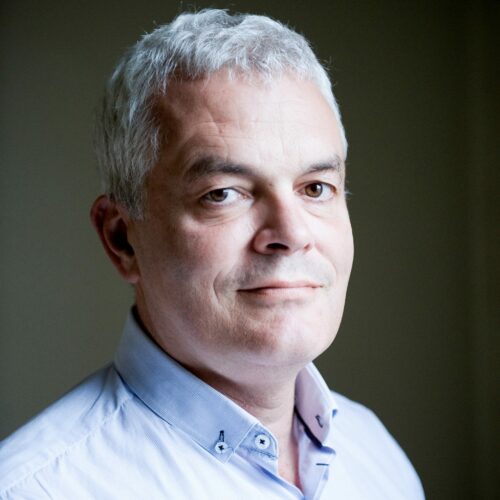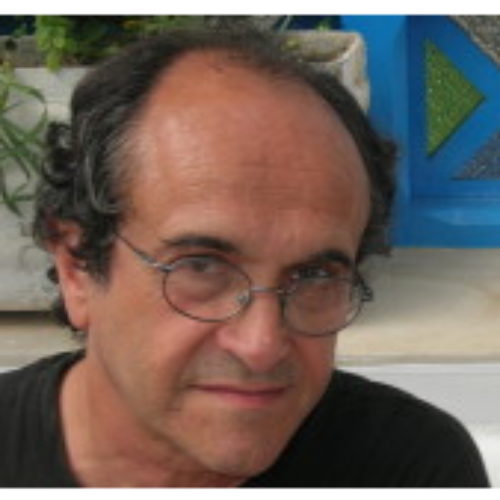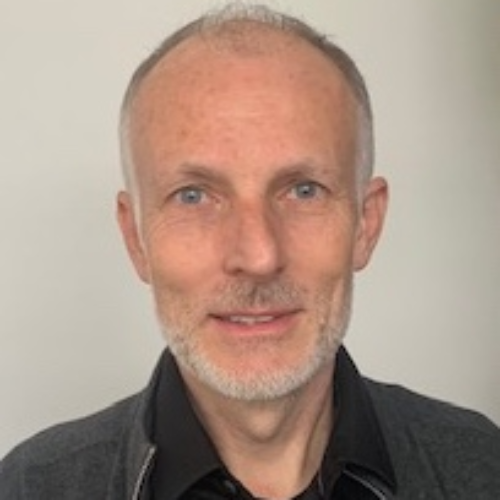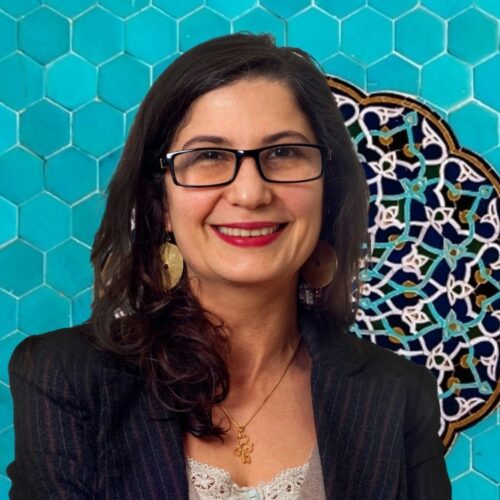Managing Director of Platform 10
Debate – How art in the city contributes to mental health – Friday 2 December at 11 a.m.
Patrick Gyger (born in São Paulo, Brazil, in 1971) is a Swiss historian, exhibition curator and author.
From 1999 to 2010, he was the director of “Maison d’Ailleurs”, a museum of utopia in Switzerland. He organized many exhibitions (art brut, sustainable architecture, cosmic music, automatons or digital arts), conducted a significant acquisition policy and undertook research projects (with the European Space Agency, among others).
At the same time, he was also the artistic director of the Utopiales festival (Nantes, 2001 to 2005). In 2008, he opened the “Espace Jules Verne”, a place dedicated to Extraordinary Travels.
From 2011 to 2020, he was the director of “Le Lieu Unique”, a contemporary culture center in Nantes (France), with a project focused on utopia and interdisciplinary practices. His program favors debates, innovation and artistic production, meetings of aesthetics, popular cultures, encounters between arts and sciences, as well as many local and international partnerships (Japan, Quebec, Estonia, Athens, etc).
He launched the “Un Week-end singulier” festivals (non-standard practices and art brut), the Géopolitiques de Nantes, Atlantide (literature festival) and Variations (music for piano and keyboards). In addition, he has organized exhibitions featuring digital cultures, comics, visionary architecture, singular artists, etc. Several of these exhibitions are presented around the world.
Since January 2021, Patrick Gyger has been General Director of Platform 10, Lausanne’s new arts quarter bringing together the Cantonal Museum of Fine Arts, the MUDAC (Museum of Contemporary Design and Applied Arts) and the Elysée (museum of photography), as well as conviviality and catering areas. Among many other projects, he launched “museum therapy” visits.

